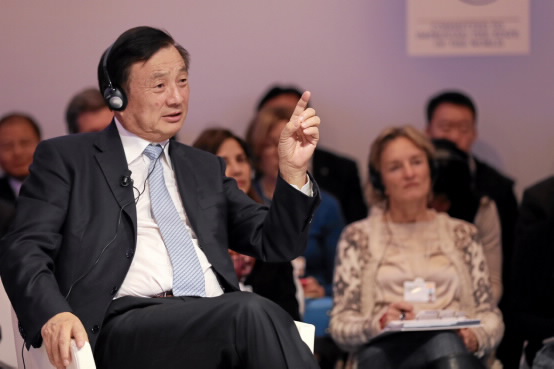Qualcomm, Intel and other US chipmakers are said to be quietly lobbying the US government to loosen its sales ban on Huawei, even as the Chinese firm has largely refrained from any lobbying efforts.
The report comes as Huawei founder Ren Zhengfei said on Monday the company had underestimated the impact of the US blacklist, which it now estimates will reduce Huawei’s sales by about $25 billion (£20bn) both this year and next year, before levelling off in 2021.
At an event at the company’s headquarters in Shenzhen, Zhengfei said Huawei estimates sales of around $100bn this year, down from earlier projectsions of $125bn.
“We did not expect they would attack us on so many aspects,” Ren said, according to Reuters.

Components blacklist
“We cannot get components supply, cannot participate in many international organizations, cannot work closely with many universities, cannot use anything with US components, and cannot even establish connection with networks that use such components.”
The company is preparing for a drop of 40 million to 60 million in international smartphone shipments, and is considering various options including pulling its upcoming Honor 20 smartphone, which is set to launch in Europe on 21 June, Bloomberg reported, citing unnamed sources.
Huawei had said at first that it was prepared for the ban and expected little fallout from it.
US chipmakers are, however, also seeing sales drop significantly due to the blacklist, and in late May top executives from Intel and Xilinx met with the US Commerce Department to discuss a response, Reuters reported, citing people familiar with the situation.
Qualcomm has also lobbied the Commerce Department, Reuters said.
Separately, the Semiconductor Industry Association (SIA) and Google have both acknowledged pressing the US governmente over the issue.
Revenue drop
The SIA said it argued that devices such as smartphones and smart watches, which do not have an appreciable national security impact, should be exempt from the sales ban.
The Commerce Department said in a statement that it “routinely responds to inquiries from companies regarding the scope of regulatory requirements”, but said the inquiries do not “influence law enforcement actions”.
Huawei’s vice president of public affairs, Andrew Williamson, said the company had not asked anyone to lobby on its behalf.
He added that the chipmakers were doing so because they knew that cutting off “one of their major customers”, such as Huawei, could have “catastrophic” consequences for them.
Broadcom, which reportedly has not been lobbying the US government, has forecast the sales ban will cut $2bn from its revenues this year.





